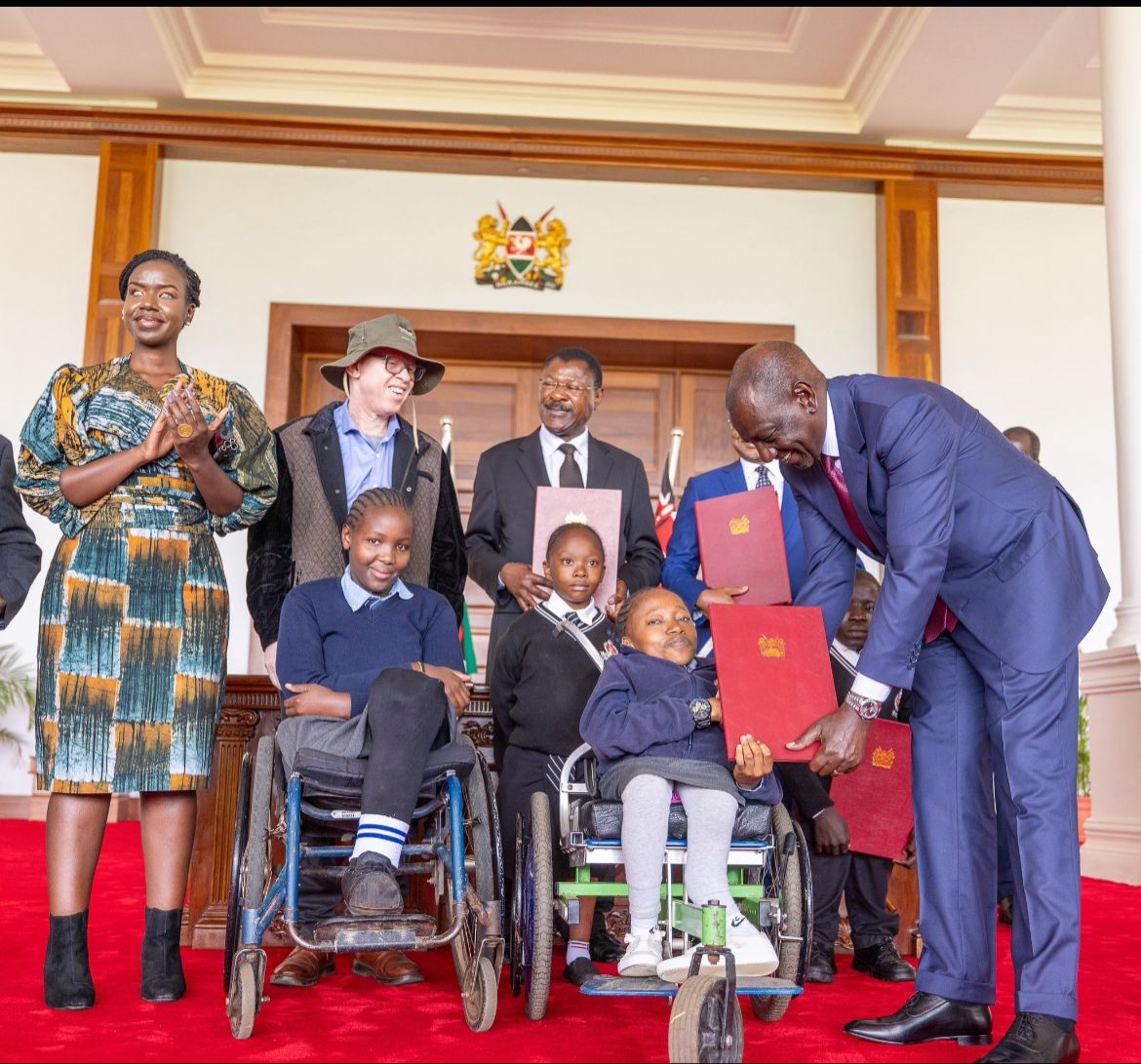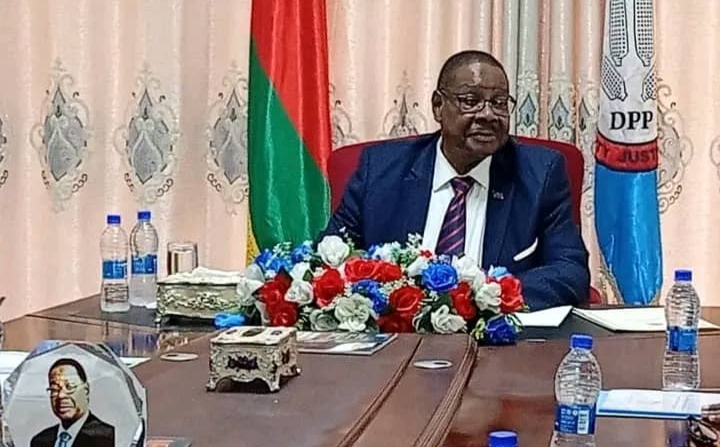Malawi Fish Farmers Reap Rewards from Sustainable Aquaculture Practices
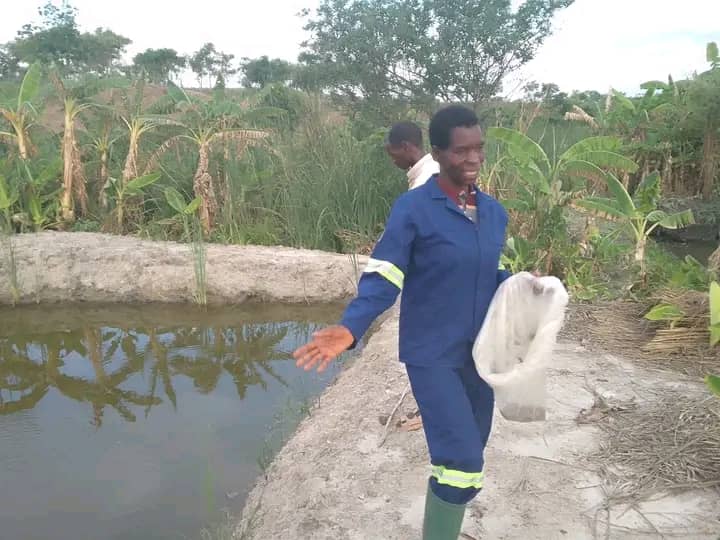
By Smile Hamilton, Malawi
Madalitso Fisheries Group, based in Golowa village, Traditional Authority Nsamala in Balaka District, is a shining example of how fish farming can transform lives and communities. Through their dedication and hard work, the group has not only improved their livelihoods but also inspired others to follow in their footsteps.
The group’s journey began in 2007 with the support of Concern Universal, a humanitarian organization.
Elina Lasford, one of the fish farmers, told African Culture TV that the organisation introduced them to fish farming, and they immediately adopted the idea. “We were introduced to fish farming by Concern Universal in 2007, and we quickly saw the potential for it to improve our livelihoods,” said Lasford. Despite Concern Universal phasing out their project in 2011, the group persevered, recognizing the lucrative potential of fish farming and its role in providing a readily available source of protein for their community.
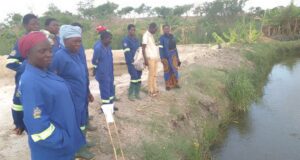
In 2023, the group received a significant boost when they secured a matching grant worth MWK32 million from the World Bank-funded Malawi Watershed Services Improvement Project (MWASIP). With the grant, the group expanded their operations, digging another fish pond to raise 10,000 fingerlings of Oreochromis shiranus fish, locally known as Makumba. “The grant from MWASIP has been a game-changer for us,” said Lasford. “It has enabled us to expand our operations and increase our production, which will provide us with a significant source of income.”
The group’s success has not only improved their economic well-being but also inspired others to adopt sustainable aquaculture practices. The 30-member group anticipates harvesting at least 5 tonnes of fish in April 2025, which will provide them with a significant source of income. According to Lasford, the group expects to earn around MWK10 million per month from the sale of their fish. “We are expecting to earn around MWK10 million per month from the sale of our fish, which will be a significant improvement to our livelihoods,” said Lasford.
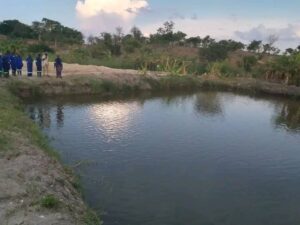
In addition to the economic benefits, the group’s fish farming activities have also contributed to environmental conservation. By adopting sustainable practices, they have reduced their environmental footprint and helped maintain the ecological balance of their community. “We are committed to sustainable fish farming practices, which not only improve our livelihoods but also contribute to environmental conservation,” said Lasford.
The group’s achievements have also been recognized by local leaders, who have expressed their support for the initiative. Traditional Authority Nsamala commended the group for their hard work and dedication, stating that their success is a testament to the potential of community-led initiatives. Balaka District fisheries officer Austin Malizeni also praised the group’s achievements, stating that MWASIP’s support has been instrumental in alleviating poverty among ultra-poor households in the villages.
As Madalitso Fisheries Group continues to grow and thrive, they remain committed to sharing their knowledge and expertise with others. By doing so, they hope to inspire a new generation of fish farmers and contribute to the development of a more sustainable and resilient aquaculture industry in Malawi. “We are committed to sharing our knowledge and expertise with others, and we hope to inspire a new generation of fish farmers in Malawi,” said Lasford.
categories
recent posts


